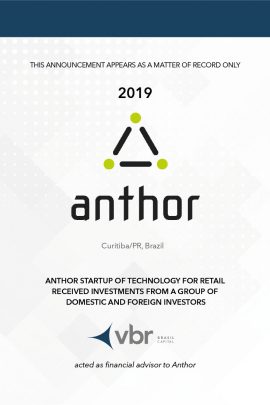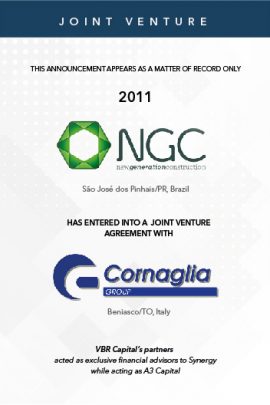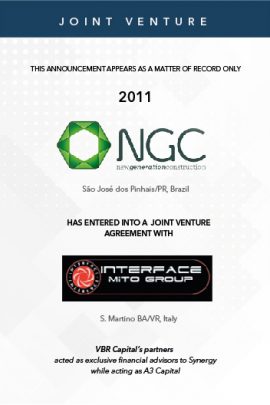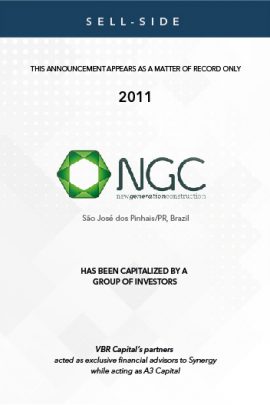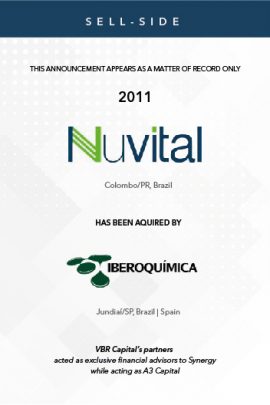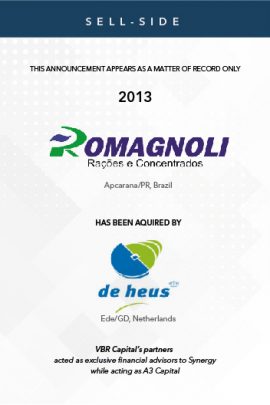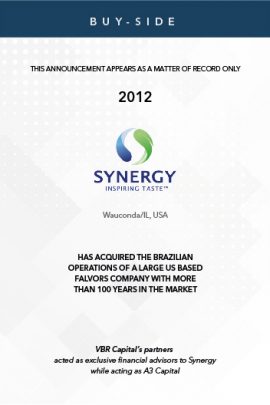Brazil Fund Industries totaled R$ 4.134.027.000.000 (4.1 trillion reais or some US$ 1.3 trillion) as of December 2017, according to AMBIMA – Brazilian Financial and Capital Markets Association. “And that ain`t hay” and the song goes.
We use to say in Brazil “Home missing bread, everyone fight and no one is right”. The saying is more real than ever in Brazil. The proverbial lack of bread is dictated by the presence of the figure of the “scoundrel uncle” at home that eats as much as he can (aka government expenditures, mainly with public salaries and social security). This leaves us very vulnerable for fiscal adventures of our finance authorities.
While the whole world enters in a process leaner and more efficient governments, which enables tax cuts, Brasil still taxes as a Scandinavian country, spending like a 3rd world one.
The most recent “carnival” came with the Executive Act nº 806/2017 that significantly altered the taxation of Investment Funds.
With the edition of this new Executive Act, the practical result is to compare taxation of Investment Funds to all other financial deposits. Thankfully, not all modalities of funds were reached by this new taxation spree.
Item No 3 of the Explanatory Statements of the EO defines as the objective of the regulation […] “to reduce existing distortions between the applications in Investment Funds and to increase the federal tax collection through the taxation of accumulated gains in the portfolio of the investment funds constituted under the form of closed condominium which characterizes by the small number of quotaholders and strong tax planning”
Therefore, in the vision of the government there are distortions between funds of smaller terms and those of tactic investment, oriented to the longer term. Consequently, let the government take a large chunk of the gains of the taxpayer and let it make Brazil`s longer term investments a sinful activity once more.
Funds reached by the EO are those constituted under the form of “closed condominium”, i.e., those in which the quotas are only redeemed at the end of its proposed termination date (Art. 4º, Instruction CVM nº 555/2014). These funds are not “exempt” from taxation. They are taxed upon redemption. They will be taxed when redeemed. It only gives the investor the possibility of not having its profitability consumed before the investment strategy is completed. Before the EO, government recognized that investing is a risk activity and therefore envisaged the possibility of not taxing the intermediate gains before actually reaching the conclusion of exactly what was gained (or not). Not anymore.
Investment in Participations Funds (FIPs) when not qualified as investment entities and that have not distributed dividends to quotaholders till January 2, 2018, will be subjected to Withholding Tax of 15% as well as the taxation as a regular Corporation (Federal and State – equivalent – Income Tax (IR and CSLL), and the terrible PIS and Cofins (Tax on Revenues or VAT – depending on the case ), when due, as per articles 8 and 9 of the Normative Act under analysis. Article 9-B of CVM (SEC) instruction 554/2014 establishes who are the so called “Qualified Investors”.
The blurred point in the item above is that the EO does not leave clear whether the exemption of Profits Distribution (there are no taxes on profits distribution, once taxed in Brazil and distributed either to individuals or companies) will remain and what will the taxation of the stock of values be of once its collection could offend the principle of non-retroactivity (art. 105 of Tax Code – CTN), discussions such as this can be raised soon and even taken to court. Just other confusion and dozens of new lawsuits clogging the already full brazilian tax courts. Lord have mercy.
When qualified as an Investment Entity, the taxation of withholding income tax (WT) remains, as per article 2 of law 13.312/06. The moment of payment of the WT is that of the actual sale of the investment or when it is distributed (or considered distributed) whenever the amount returned to the investor exceeds those of the paid in capital.
The process of corporate structure of the funds when in operations of mergers and demergers or else, in the transformation of type are now hypothesis of incidence of WT as from January 1 2018. The positive difference between the paid in capital and the amount of the fund quota (unit/share) is therefore taxed, at those moments.
A summary of the Brazilian Fund Industry per type and the new legislation effects is as follows:
This EO has immediate effects but depends on the approval of the Congress to its definite application and conversion into Law. If not approved in the next 45 days from the publication of the EO, it is automatically extinguished unless re-issued. There would be, therefore, time to bring some rationality to the discussion, had we the parliamentary quality to do so, which we lack.
The effect for foreign investors can be seen in the Non-Resident funds and in the FIEE (usually called “start up funds”) heavily used by foreigners. Brazil counts on the abundance of capital to maintain a positive inflow of capitals, despite of this taxation. The idea is: “well, it`s just a postponement, anyway”. In a country with an average of 5% of inflation per year, that can be significant gains. Also, volatility will certainly make government “eat-quotas” in a larger chunk than legal – forget about receiving money back from our treasury.
What does Government targets with this measure? Simply the stock of gains accumulated for some years now? Certainly not only that. We understand that the most important facet of the EO 806`s effects is the tax planning, presently very common, to use a FIDC or similar vehicle. This is made by simply “dry-sucking” an operational company`s cash, distributing it as dividends to its ultimate owners (natural persons – tax free) and hence constituting funds that will on the other hand provide the very same operation company with “loans” – therefore transforming a taxable financial income in a deductible financial expense – and postponing the WT taxation till the calends…
Fact is that these FIDCs have provided the market with much-sought liquidity in the recent years, alleviating the super-high interest rates charged by the bank system, and providing liquidity to smaller businesses.
Brazil is an expensive tax jurisdiction, today. Recently one of our genius representatives presented a project of law to (actually) Tax the Wind – charging for the wind farmed by Eolic parks. The proposal was withdrawn, thankfully. We should be looking for opportunities of becoming more, not less, competitive.
Marcos Silva – Jaraguá do Sul office
With Wesley Montechiari Figueira – Curitiba office – Managing Partner

